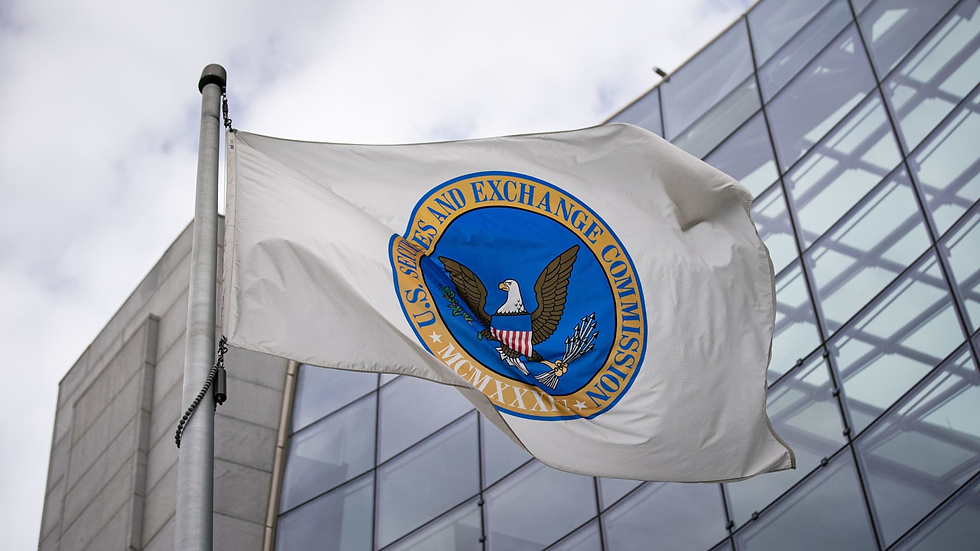SEC to Crypto: Digital Assets Remain Securities, Blockchain or Not
- Keyword Financial

- Jul 9, 2025
- 3 min read

Introduction
The head of the U.S. Securities and Exchange Commission’s (SEC) Crypto Task Force, Hester Peirce, recently clarified that assets remain securities under federal law even if they are “tokenized”—that is, converted into digital versions and traded on a blockchain. In her statement, Peirce emphasized that blockchain technology, while innovative, does not change the fundamental legal status of the underlying asset. She warned that companies and market participants must continue to comply with existing securities regulations when dealing with tokenized stocks, notes, or other entitlements, and should consult with the SEC to ensure compliance.
Peirce’s comments come at a time when both new and traditional financial firms are increasingly interested in offering tokenized products, which are digital representations of real-world assets like stocks or bonds. These products are often promoted as a way to make investing more accessible and efficient, especially for assets that are typically out of reach for ordinary investors. However, Peirce cautioned that the use of blockchain does not exempt these products from securities laws, and she encouraged companies to engage with the SEC to discuss whether current regulations need to be updated or if exemptions are appropriate for certain tokenized offerings.
The SEC’s stance reflects a broader regulatory approach that aims to balance innovation with investor protection. While Peirce acknowledged the potential benefits of tokenization—such as improved capital formation and greater flexibility for investors—she reiterated that regulatory compliance remains essential. The SEC has expressed willingness to work with market participants to modernize rules where necessary, but the agency’s message is clear: tokenization does not magically transform a security into something else, and all relevant laws still apply.











